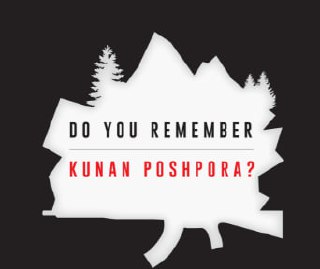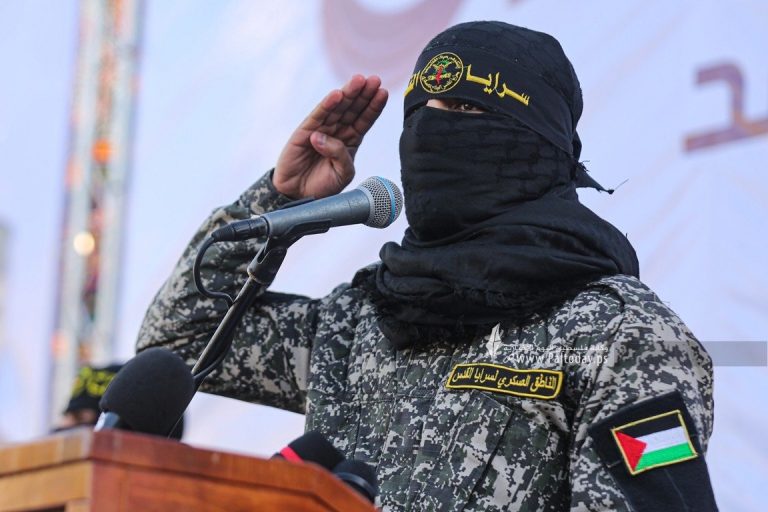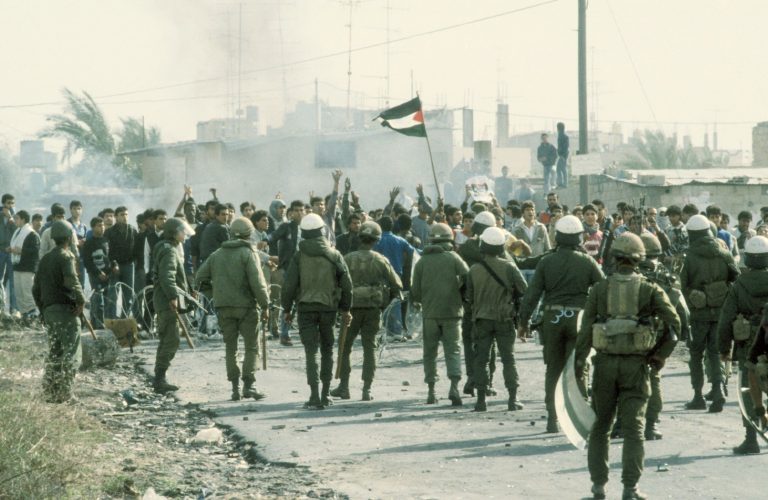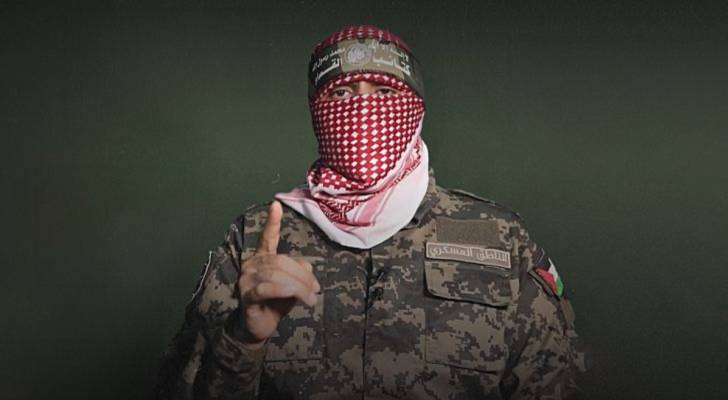
The Night the Silence Screamed: The Kunan Poshpora Tragedy
On the chilling night of February 23, 1991, in the remote villages of Kunan and Poshpora in Kashmir’s Kupwara district, silence blanketed the mountains — a silence that would soon be ripped apart forever.
That winter evening, villagers drifted to sleep as they had on countless other nights, unaware that horror was approaching under the cover of darkness. Around 11 PM, soldiers from the 4th Rajputana Rifles of the Indian Army entered the villages, claiming to act on intelligence about militants hiding in the area.
What was announced as a routine “cordon and search operation” quickly devolved into one of the most heinous nights in the history of the Kashmir conflict.
Men were dragged from their homes into the freezing night, beaten, interrogated, and forced to sit in open fields under armed guard. Inside their homes, the women were left vulnerable — a vulnerability that was mercilessly exploited.
One by one, homes were stormed. Women — young girls, newlyweds, mothers, grandmothers, even pregnant women — were raped, assaulted with impunity and without pause. This was not an act of war. It was an act of brutal, systematic violence that defied every law of humanity.
The night swallowed their screams. But with the morning came a silence even more devastating: the silence of broken families, shattered bodies, and devastated lives.
When the men returned, they found their wives and daughters in shock, unable to speak of the horrors they had endured. But unlike so many other times, the women of Kunan and Poshpora refused to remain silent. They came forward. They testified.
Medical reports later confirmed multiple instances of sexual assault. Officially, 32 women filed complaints, but activists and local residents believe the actual number is far higher, as fear, stigma, and threats prevented many others from speaking out.
Yet, instead of justice or compassion, the women faced dismissal, harassment, and denial from state institutions. Investigations were stalled. The perpetrators were shielded. Decades later, no convictions have been made.
Takeaway:
The Kunan Poshpora mass rape stands as a haunting testament to the use of sexual violence as a weapon of war — one that scars not only individuals but entire communities. It reveals the impunity afforded to state forces in conflict zones, the silencing of survivor voices, and the enduring struggle for recognition, justice, and truth. The memory of that night continues to scream — not only for those who lived it, but for all those fighting to be heard.



